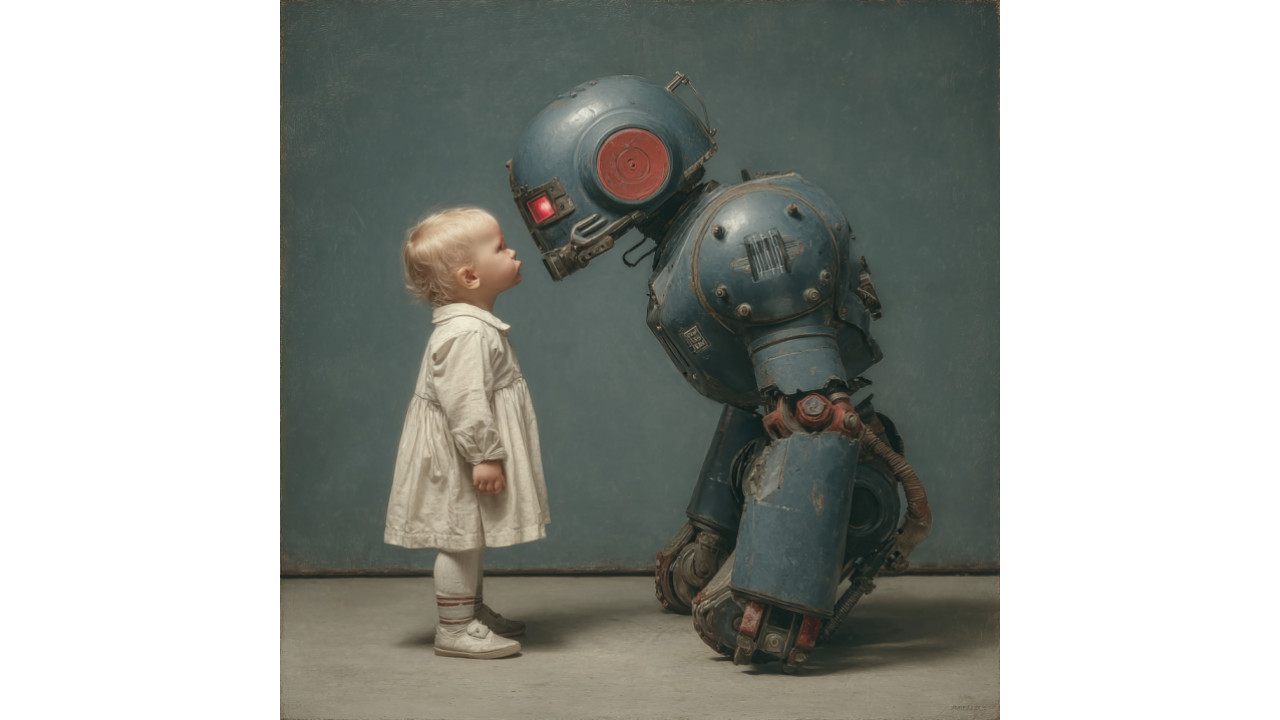OpenAI, Microsoft, and Anthropic Design Teacher Training on AI
Microsoft, OpenAI, and Anthropic just announced a $23 million "National Academy for AI Instruction" with the American Federation of Teachers,...
3 min read
 Writing Team
:
Aug 14, 2025 8:00:00 AM
Writing Team
:
Aug 14, 2025 8:00:00 AM

California just signed deals with Google, Microsoft, Adobe, and IBM to provide free AI training to 2.6 million students across high schools, community colleges, and universities. It's either the most forward-thinking workforce development initiative in the country—or the biggest corporate user acquisition scheme disguised as education.
Governor Gavin Newsom announced the partnerships from Google's San Francisco offices, flanked by tech executives and education leaders signing five memoranda of understanding that promise to transform California's educational landscape. The scope is massive: grades 9-12, community colleges, and the entire Cal State system will receive AI training, tools, and curriculum at zero cost to taxpayers.
The timing couldn't be more urgent. "You're seeing in certain coding spaces significant declines in hiring for obvious reasons," Newsom said, referencing recent layoffs at Microsoft, Google's parent company Alphabet, and Salesforce. As AI eliminates entry-level jobs, California is betting that training students to master the technology will create new opportunities rather than replace them entirely.
California is home to 33 of the world's top 50 AI companies, making it the global epicenter of AI innovation. The partnerships position the state to maintain that advantage by creating an AI-literate workforce at unprecedented scale. "There are a lot of rungs on the career ladder that are disappearing," said Erin Mote, CEO of InnovateEDU. "The biggest mistake we could make as educators is to wait and pause."
The financial benefits are staggering. Community college system official Don Daves-Rougeaux said these tools will save community colleges "hundreds of millions of dollars," though he could not provide an exact figure. Students will gain access to:
California's community colleges, which receive the least state funding per student, serve 2.1 million students who desperately need these resources. "Oftentimes when we are having these conversations, we are looked at as a smaller system," said Daves-Rougeaux. These partnerships provide community college students with enterprise-grade tools previously available only to well-funded institutions.
IBM has committed to providing tech skills to 30 million people worldwide by 2030, and their partnership focuses on industry-recognized credentials that directly connect to employment opportunities. Microsoft is working with Cal State career centers to strengthen the bridge from college to workforce, while Google offers both Google Career Certificates and specialized AI training programs.
MIT associate professor Justin Reich warns that "the state's new deals with Google, Microsoft, Adobe and IBM allow these tech companies to recruit new users — a benefit for the companies — but the actual lessons aren't time-tested." This isn't education—it's the largest user acquisition campaign in history, with 2.6 million students as the product.
"We do not know what AI literacy is, how to use it, and how to teach with it. And we probably won't for many years," Reich said. He compared the current AI frenzy to computer literacy initiatives 20 years ago that failed to deliver promised results. California is essentially conducting a massive experiment on its students with untested curricula.
"It's a tough situation for faculty," said Stephanie Goldman, president of the Faculty Association of California Community Colleges. "How do you use AI in the classroom while still ensuring that students, who are still developing critical thinking skills, aren't just using it as a crutch?"
Faculty concerns include losing control over how AI is used in classrooms and students becoming dependent on AI rather than developing fundamental analytical skills.
The partnerships create fundamental contradictions in educational policy. "Districts were already spending lots of money on AI detection software. What do you do when it's built into the software they're using?" Goldman asked. Schools are simultaneously fighting AI-enabled cheating while integrating the same technology into curricula.
California's investigation found that Turnitin's AI detection software was incorrectly flagging students who did original work, yet institutions continue deploying these systems while embracing AI tools.
"Tech companies say: 'These tools can save teachers time,' but the track record is really bad," said Reich. "You cannot ask schools to do more right now. They are maxed out." California's education systems are already struggling with funding shortfalls, staffing challenges, and post-pandemic recovery. Adding complex AI integration without proper support infrastructure seems destined for failure.
The effectiveness measurement remains problematic. When California partnered with NVIDIA last year for similar AI training, the chancellor's office said it won't share performance data "because the cohort of teachers involved is still too small." How will success be measured across 2.6 million students when pilot programs can't produce meaningful metrics?
These partnerships establish a troubling precedent for corporate influence in public education. When tech companies provide "free" resources, they gain unprecedented access to shape curriculum, influence pedagogical approaches, and create dependency on their platforms. The long-term implications for educational independence and critical thinking development remain unclear.
California faces a genuine dilemma. AI is transforming the workforce whether schools adapt or not. Students who graduate without AI literacy will face significant disadvantages in the job market. Yet rushing to embrace unproven corporate solutions risks undermining educational quality and critical thinking development.
The partnerships represent either visionary leadership preparing students for an AI-driven future, or a dangerous corporate capture of public education that prioritizes tech company interests over student learning outcomes.
The answer may determine whether California's students lead the AI revolution or become its casualties.
Need to navigate AI implementation in your organization without compromising core values or effectiveness? Our growth experts at Winsome Marketing help companies evaluate emerging technologies critically, implementing solutions that enhance rather than replace human capabilities. Let's build your AI strategy thoughtfully.
-Jul-08-2025-04-30-40-4675-PM.png)
Microsoft, OpenAI, and Anthropic just announced a $23 million "National Academy for AI Instruction" with the American Federation of Teachers,...

This weekend, Musk announced plans for "Baby Grok," which he describes as "an app dedicated to kid-friendly content" under his xAI company. The...

We've entered the era of algorithmic academia, and Google just wrote the first check that matters. Their $1 billion commitment to AI education over...